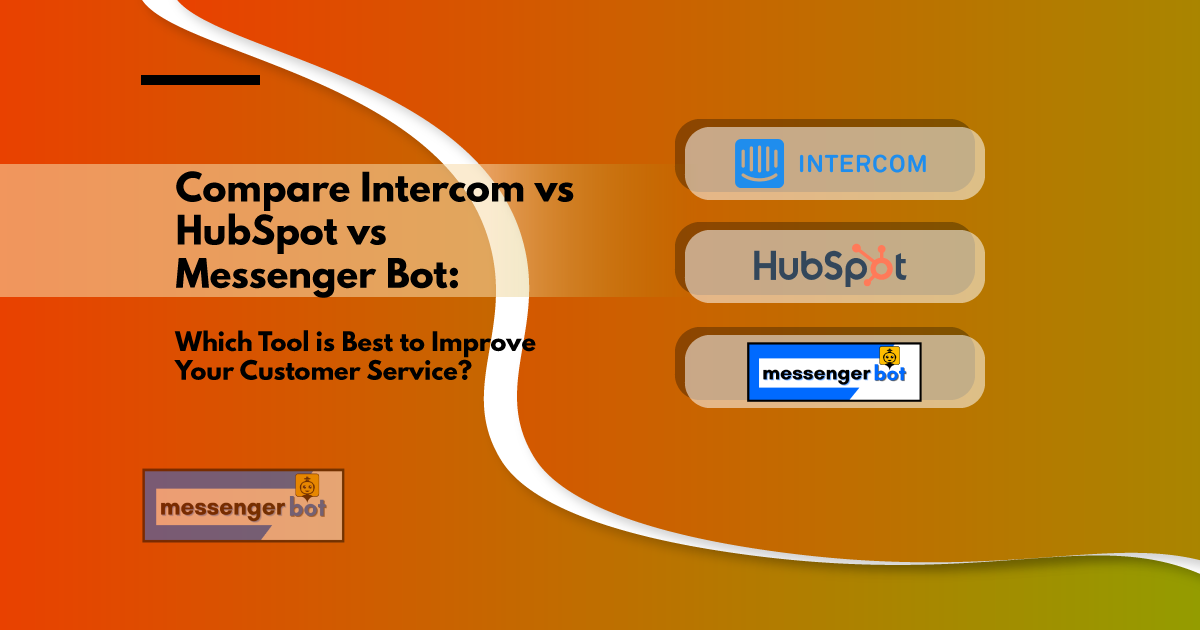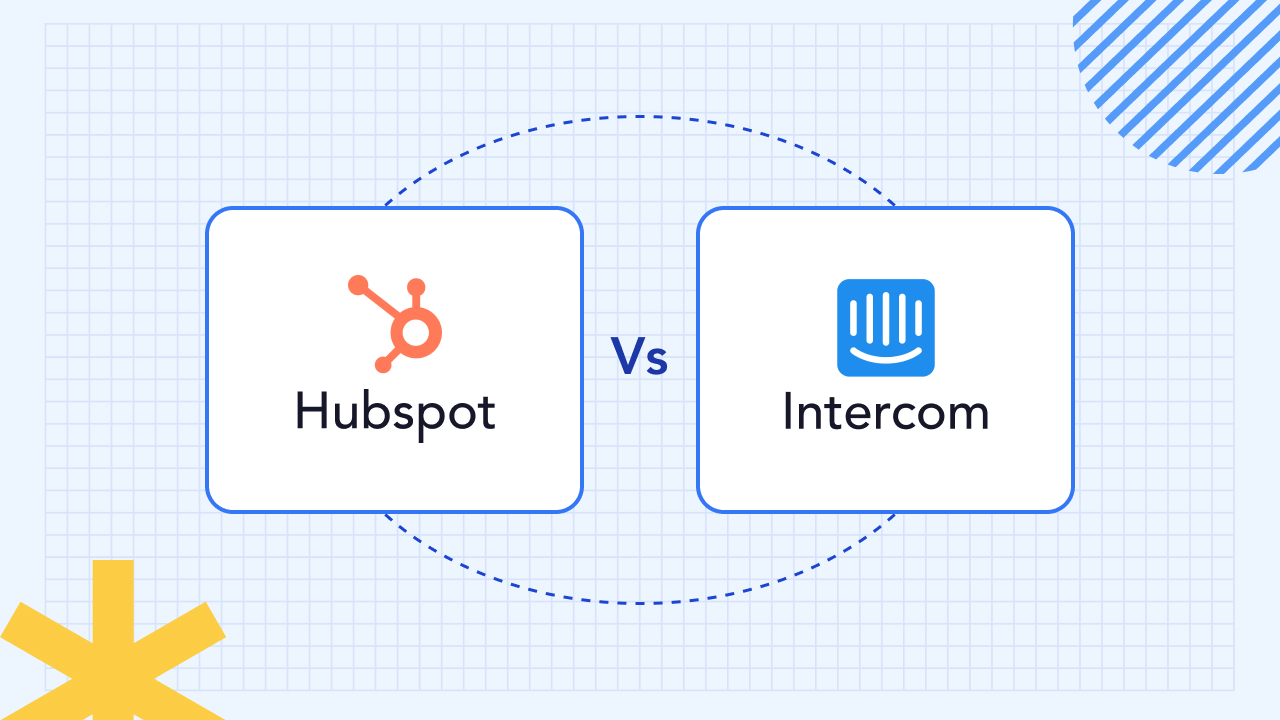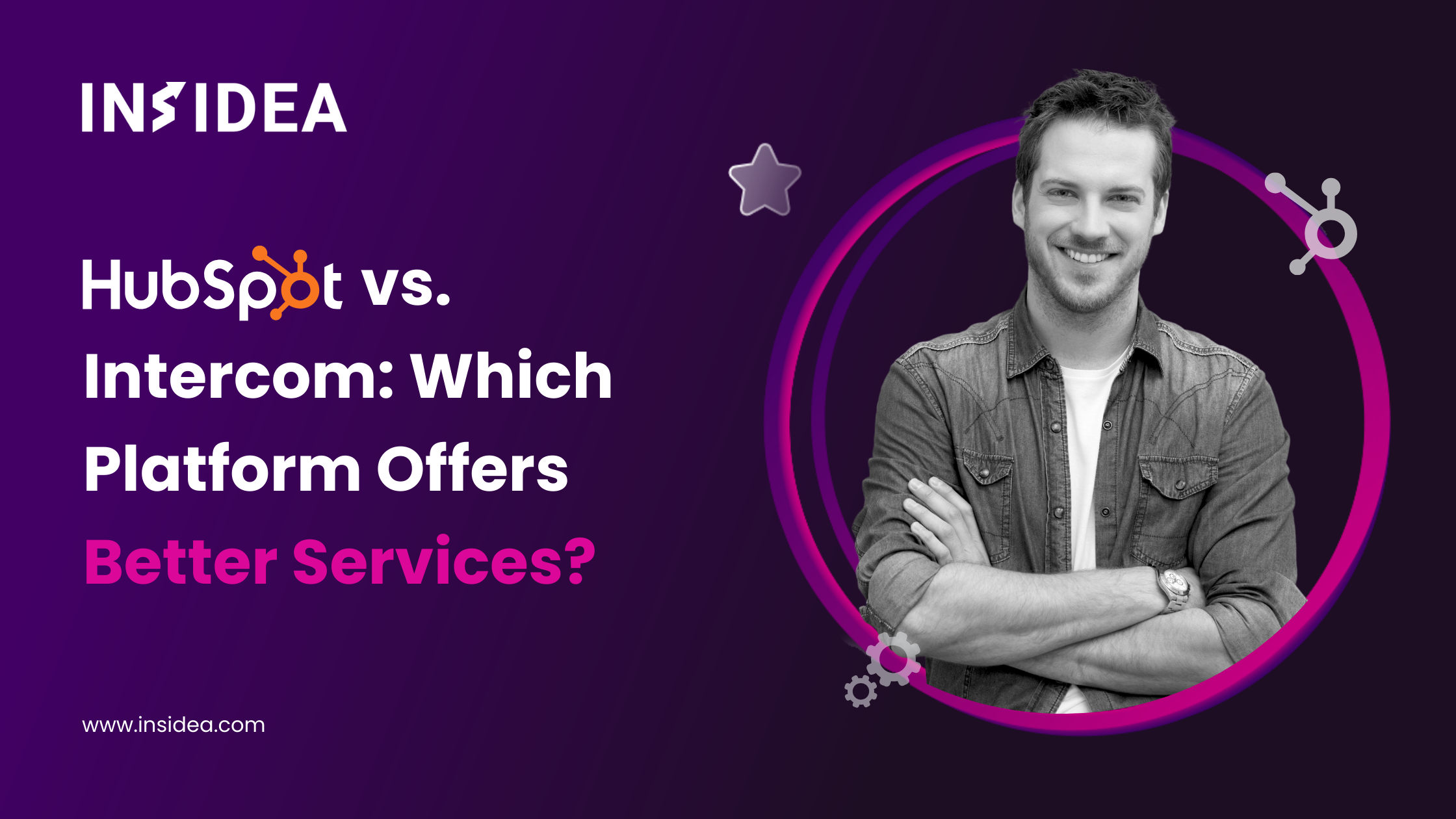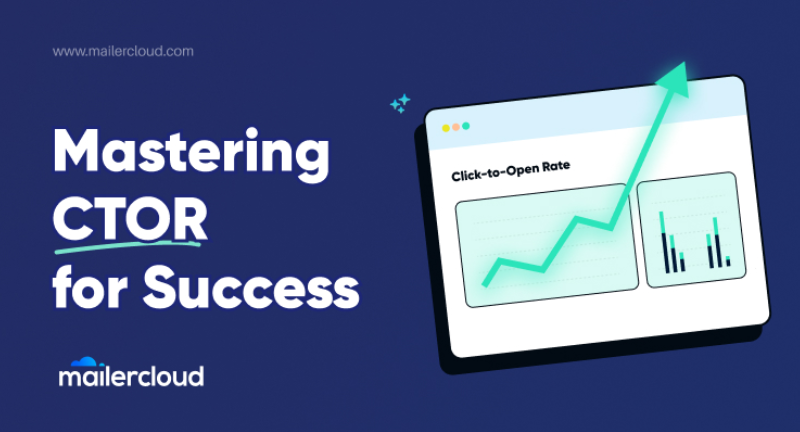HubSpot excels in marketing automation, while Intercom shines in real-time customer communication. Choosing the best depends on your specific needs.
HubSpot and Intercom are two prominent platforms for customer engagement. HubSpot offers a comprehensive suite for marketing, sales, and service automation. It helps businesses manage leads, track customer interactions, and automate marketing campaigns. Intercom, on the other hand, focuses on real-time communication.
It provides live chat, chatbots, and in-app messaging to engage with customers instantly. Businesses seeking robust marketing tools may lean towards HubSpot. Those prioritizing real-time customer interactions might prefer Intercom. Evaluating your business requirements will help determine which platform best suits your engagement strategy.

Credit: messengerbot.app
Hubspot Overview
HubSpot offers a comprehensive CRM platform. It includes marketing, sales, and service tools. The platform provides email marketing, social media management, and content creation tools. Users can also benefit from lead management and pipeline tracking. Analytics and reporting features help track performance. HubSpot integrates well with other software. The user interface is simple and easy to navigate.
| Pros | Cons |
|---|---|
| All-in-one platform | Can be expensive |
| User-friendly interface | Steep learning curve for new users |
| Strong integration capabilities | Limited customization options |
Intercom Overview
HubSpot and Intercom offer robust tools for customer engagement. HubSpot excels in marketing automation, while Intercom shines with real-time communication features. Choosing the best depends on specific business needs and preferences.
Key Features
Intercom offers real-time messaging and automated chatbots. It integrates with popular platforms like Slack and Salesforce. The software provides behavioral targeting. Users can create custom workflows. Analytics and reporting are robust. The platform supports multichannel communication.
Pros And Cons
| Pros | Cons |
|---|---|
| Easy to use interface | High pricing for small businesses |
| Strong automation features | Limited customization options |
| Excellent customer support | Steep learning curve for advanced features |
Pricing Comparison
HubSpot offers robust automation tools, while Intercom excels in personalized customer messaging. Both platforms cater to different engagement strategies. Compare pricing to find the best fit for your business needs.
Hubspot Pricing
HubSpot offers a range of pricing plans. The free plan includes basic features. The Starter plan starts at $50 per month. This plan offers more tools. The Professional plan is priced at $800 per month. It includes advanced features. The Enterprise plan costs $3,200 per month. This plan is for large businesses. Each plan has different benefits. Choose a plan based on your needs.
Intercom Pricing
Intercom also provides multiple pricing options. The Starter plan is $39 per month. It is suitable for small businesses. The Essential plan costs $99 per month. This plan offers more tools. The Pro plan is $499 per month. It includes advanced features. The Premium plan has custom pricing. It is for large enterprises. Each plan comes with unique features. Choose the best plan for your team.

Credit: helpwise.io
User Experience
HubSpot and Intercom offer distinct user experiences for customer engagement. HubSpot excels in comprehensive features, while Intercom provides streamlined communication tools. Choosing the best depends on specific business needs.
Ease Of Use
Hubspot offers a simple and clean interface. Users find it intuitive and easy to navigate. Intercom also has a user-friendly design. The dashboard is clean and modern. Both platforms provide easy access to key features. New users can quickly learn how to use both tools. Hubspot may have a slight edge in terms of simplicity. Intercom excels in visual design. Both are great choices for ease of use.
Customer Support
Hubspot provides 24/7 customer support. Users can contact support via chat, phone, or email. There is also a large knowledge base. Intercom offers in-app messaging support. Users get quick responses from support agents. Both platforms provide excellent customer support. Hubspot has a slight advantage with more contact options. Intercom focuses on quick and efficient in-app support. Both are reliable for customer support needs.
Integration Capabilities
HubSpot offers many integrations. You can connect it with over 500 apps. These include Salesforce, Slack, and Zapier. Many users find it easy to integrate. It helps in streamlining workflows. Your team will save time and effort. HubSpot’s integration is known for its robust API.
Intercom also has strong integration options. It supports over 250 apps. Notable integrations include Shopify, Stripe, and Google Analytics. Users appreciate the simple setup process. This tool helps in enhancing customer communication. Intercom’s integrations are praised for their flexibility.
Use Cases
HubSpot is very user-friendly. It offers affordable plans for small businesses. Its CRM tools are easy to use. Intercom provides live chat and messaging features. It can help small teams communicate with customers. HubSpot has free tools to get started. Intercom’s pricing can be higher, but it offers great support. Small businesses can benefit from both platforms.
HubSpot offers advanced marketing tools. It integrates with many enterprise-level systems. Intercom excels in customer support. It has robust messaging tools. Large companies need scalable solutions. HubSpot provides automation features. Intercom’s chatbots can handle high volumes of customer queries. Both platforms offer customizable options for enterprises.

Credit: insidea.com
Frequently Asked Questions
What Is Hubspot Used For?
HubSpot is used for inbound marketing, sales, and customer service. It helps businesses attract visitors, convert leads, and close customers. The platform offers a range of tools, including CRM, email marketing, and analytics.
What Is Intercom Best For?
Intercom is best for real-time customer communication. It offers live chat, in-app messaging, and email marketing. It helps businesses engage with customers and provide personalized support.
How Do Hubspot And Intercom Differ?
HubSpot focuses on inbound marketing and sales automation. Intercom emphasizes real-time customer communication. HubSpot has robust CRM features, while Intercom excels in live chat and messaging.
Which Is Better For Small Businesses?
HubSpot is better for small businesses needing comprehensive marketing and sales tools. Intercom is ideal for those prioritizing real-time customer support and communication.
Conclusion
Choosing between HubSpot and Intercom depends on your business needs. HubSpot excels in marketing automation, while Intercom shines in customer support. Both tools offer unique features to boost engagement. Evaluate your priorities to make the best decision. Either platform will enhance your customer engagement strategy effectively.


